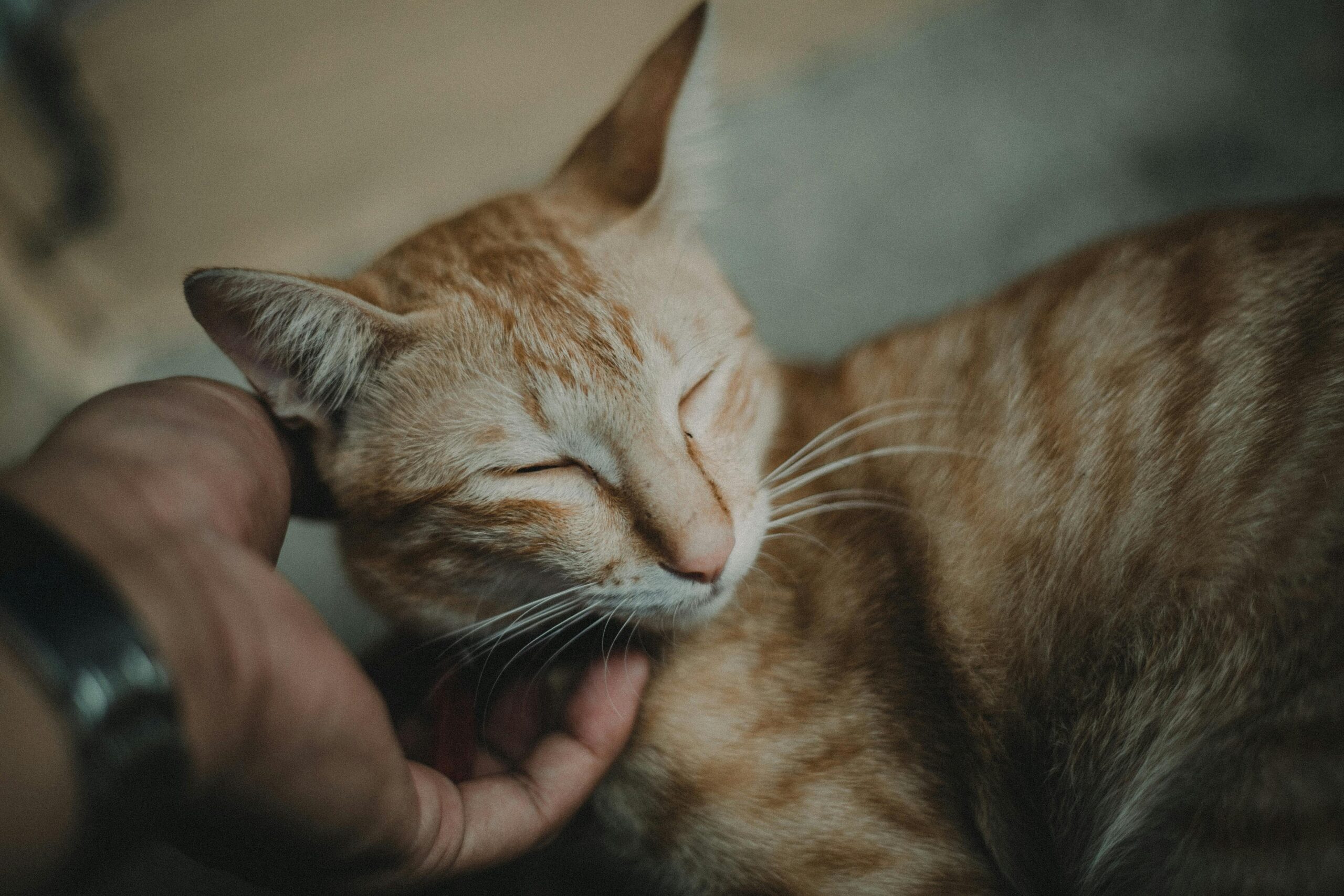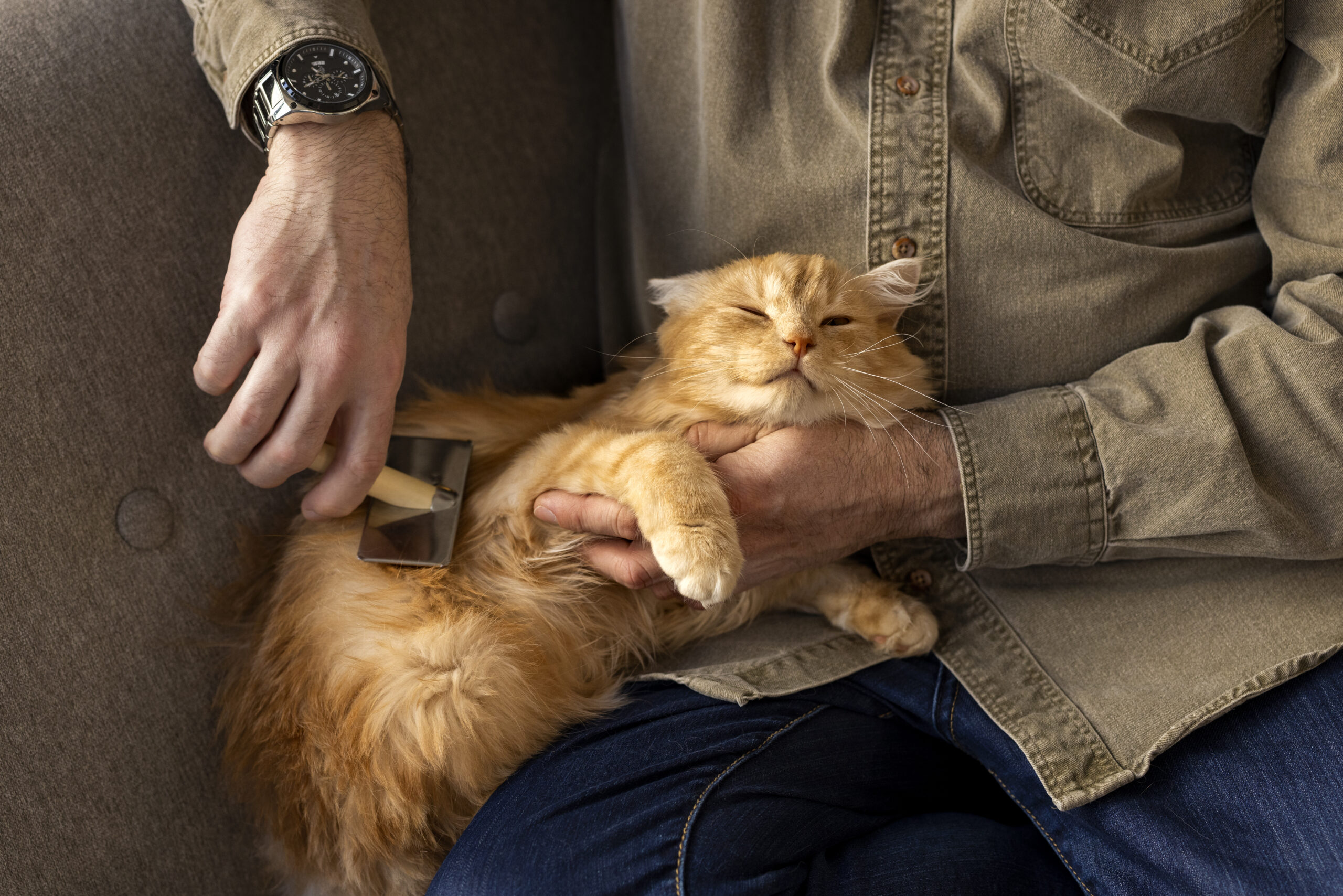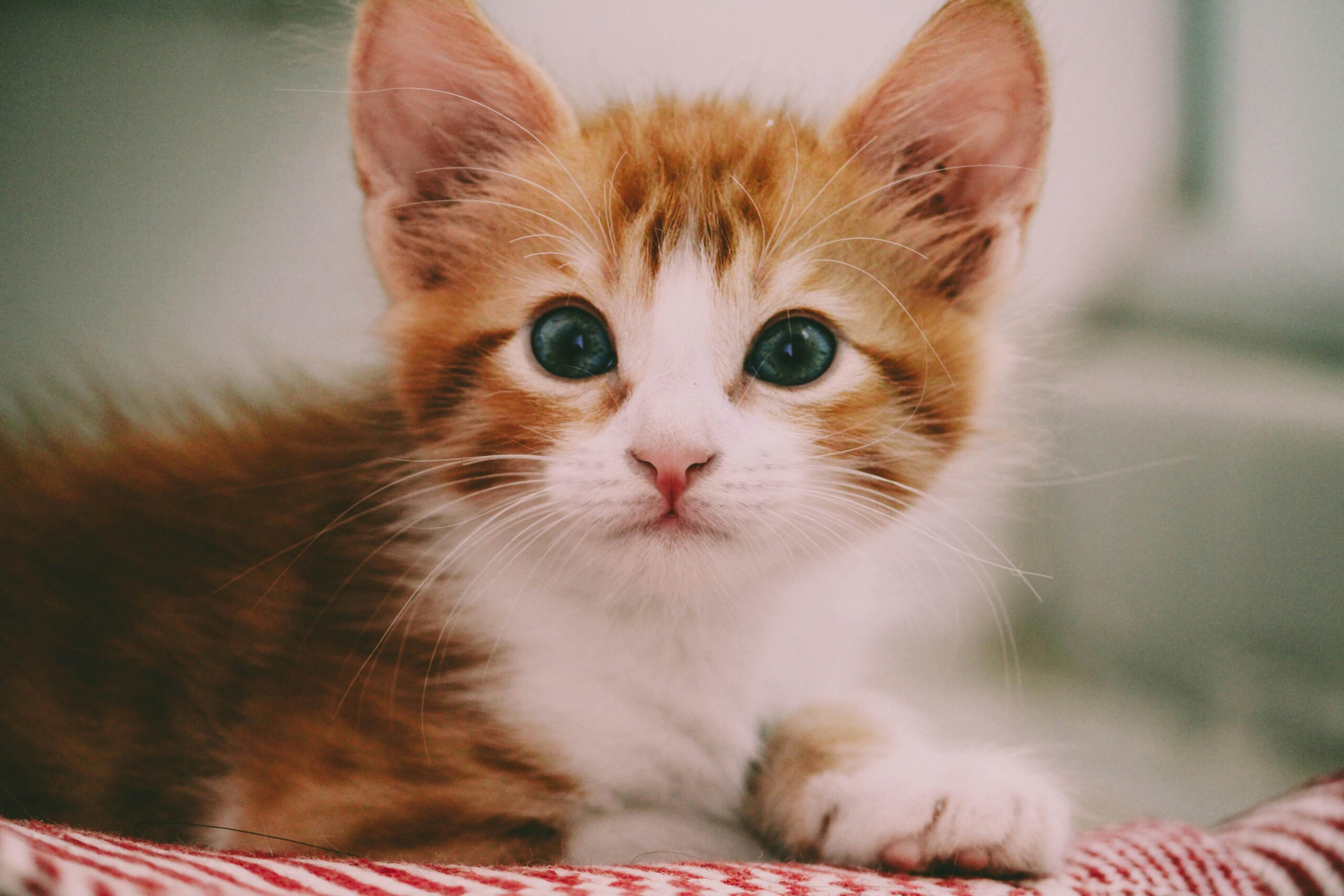Adult cats are independent, affectionate, and make wonderful companions. But just like kittens, they still need proper care, attention, and love to stay healthy and happy. Whether you’ve recently adopted an adult cat or are looking to improve your feline friend’s quality of life, this guide covers everything you need to know.
1. Understanding the Needs of Adult Cats
Adult cats are typically between 1 to 7 years old and are in the prime of their lives. Their personalities are well developed, and they usually require less training than kittens. However, they still need:
- A balanced diet
- Routine vet care
- Mental and physical stimulation
- Social interaction
- A stress-free environment
2. Nutrition for Adult Cats
Feeding your adult cat a well-balanced diet is key to maintaining a healthy weight and preventing illness.
What to Look for in Cat Food:
- Label should say “Complete and Balanced” for adult maintenance
- High-quality protein as the first ingredient
- Low in fillers and artificial additives
Wet vs Dry Food:
- Wet food: Helps with hydration and is easier to digest.
- Dry food: Convenient and promotes dental health.
Avoid overfeeding—obesity is one of the most common health issues in adult cats. Stick to feeding guidelines and limit treats to less than 10% of their daily intake.
3. Litter Box Maintenance
Adult cats are usually litter-trained, but proper maintenance is essential.
Tips for a Clean Litter Box:
- Scoop at least once daily
- Wash the box weekly with mild soap and water
- Provide one box per cat, plus one extra
- Place in a quiet, low-traffic area
If your cat starts eliminating outside the litter box, consult your vet—it may indicate a health or stress issue.
4. Routine Health Care and Vet Visits
Even healthy adult cats need regular veterinary check-ups.
Important Health Checks:
- Annual exams
- Vaccination boosters (FVRCP, rabies, FeLV if applicable)
- Dental check-ups
- Parasite control (fleas, ticks, worms)
Keep an eye out for signs of illness like changes in appetite, litter habits, or behavior. Early detection can save lives.
5. Grooming and Coat Care
Even short-haired cats benefit from regular grooming.
Grooming Tips:
- Brush 1–2 times per week to reduce shedding and hairballs
- Use cat-safe wipes or a damp cloth for spot cleaning
- Check ears, eyes, and claws regularly
- Trim nails every 2–4 weeks
Long-haired breeds like Persians or Maine Coons may need daily brushing to prevent mats and tangles.
6. Enrichment and Play for Adult Cats
Cats may sleep 12–16 hours a day, but they still need stimulation to stay mentally and physically healthy.
Keep Your Cat Engaged With:
- Interactive toys (laser pointers, feather wands)
- Puzzle feeders and treat-dispensing toys
- Cat trees and scratching posts
- Window perches or bird-watching setups
- Short training sessions with clickers or treats
Playtime helps prevent boredom, anxiety, and behavioral issues.
7. Social Needs and Emotional Well-being
Contrary to popular belief, cats are social animals. Many enjoy attention and companionship.
Support Your Cat’s Emotional Health:
- Spend quality time each day petting or playing
- Provide a consistent routine
- Give them safe spaces to retreat (cat beds, quiet rooms)
- Use pheromone diffusers to reduce stress if needed
Some adult cats may take time to warm up, especially rescues, but patience and gentle interaction go a long way.
8. Signs of a Healthy Adult Cat
Your cat is likely in great health if they show these signs:
- Bright eyes and clean ears
- Healthy coat with minimal shedding
- Normal appetite and hydration
- Playful or relaxed behavior
- Clean teeth and fresh breath
Always trust your instincts—if your cat “just doesn’t seem right,” a vet visit is the best move.
Adult cats are loving, low-maintenance companions when properly cared for. With the right nutrition, environment, healthcare, and enrichment, your cat can enjoy a happy, healthy life well into their senior years.
Small daily actions—like brushing their coat or playing with a favorite toy—can make a big difference in their quality of life. And remember, a healthy cat is a happy cat!


